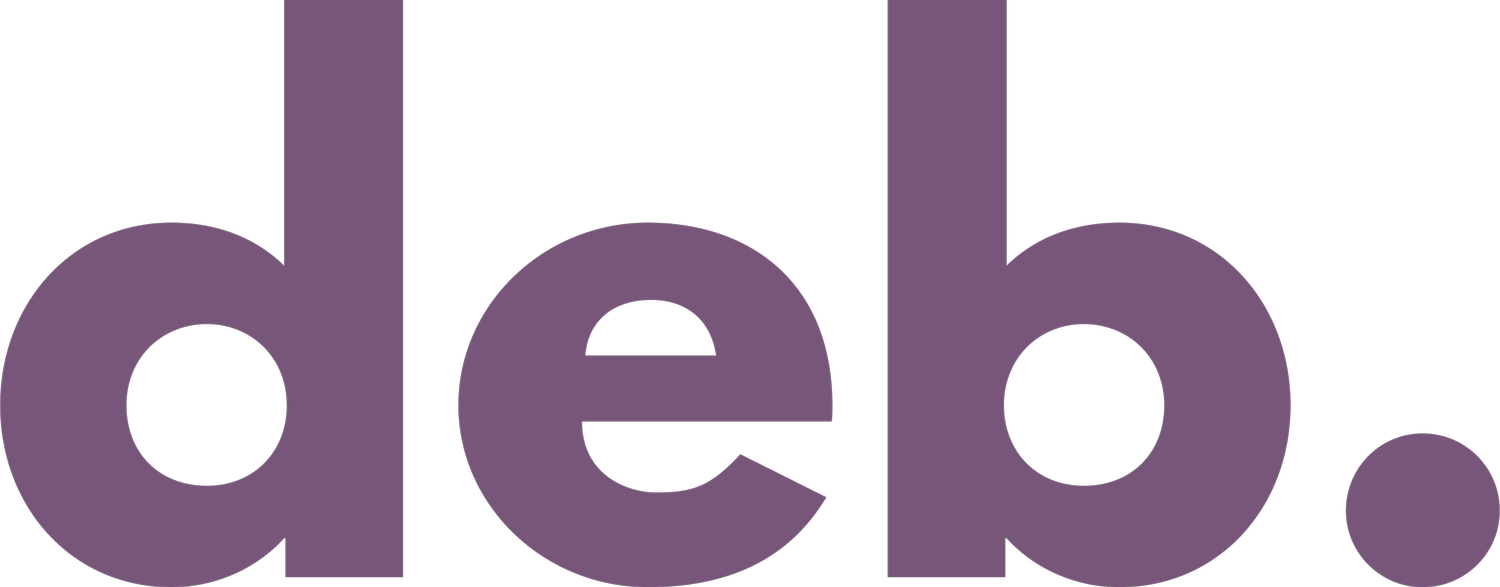Sweden’s Future Female Leader 2025, our very own Hanna Moisander.
We’re beyond proud to celebrate Hanna Moisander, co-founder of deb., who has been named Sweden’s Future Female Leader 2025. This award honors not just her personal journey, but a style of leadership rooted in integrity, presence, and real, felt change.
From challenging norms to opening doors for others, Hanna leads with courage and clarity. In this interview, she shares her path, her principles, and her vision for the future of leadership, one that’s more inclusive, more human, and deeply needed.
1. You were recently named Sweden’s Future Female Leader 2025, what does this award mean to you, both personally and professionally?
It means a great deal, both personally and professionally. Personally, it's a recognition of the long and sometimes unconventional path I’ve taken, from working in stables and restaurants to sitting at the head of the table in boardrooms. Professionally, it’s a signal that the kind of leadership I represent, one that is grounded in structure, presence, integrity, and action, is not only valid but urgently needed. I don’t see this award as a finish line but as a responsibility to continue opening doors for others. It belongs as much to the network of women and men who’ve shaped me as to me alone.
2. You’ve said that you're driven by creating change that can be felt, what does that actually mean in practice, and how does it show up in your everyday leadership?
Creating change that can be felt means that it's not just a strategy document or a policy shift, it’s a real, embodied experience for the people affected. It’s the moment someone steps into a boardroom they didn’t think they belonged in. It’s when a CEO finally experiences their board as a strategic partner, not just a formality. In my day-to-day leadership, it shows up through directness, care, and high expectations. I combine clarity with empathy and never underestimate the power of being fully present, especially in moments of discomfort or change. If you want to lead others through transformation, you have to be willing to transform yourself.
3. What challenges have you faced as a young female leader, and how have you navigated them?
Many. Age and gender have often been met with assumptions, that I must be someone’s assistant, or that I’m "too much" or "too direct." I’ve also faced the silent challenge of being the only woman in the room, expected to represent all women. I’ve navigated these moments by returning to my values and letting my work speak. I’ve learned to choose my battles wisely, to build strong alliances, and to speak up not just for myself but for the systems I want to change. And I’ve leaned into the power of peer networks, like the one we’ve built at deb., where I’m not alone in the room anymore.
4. What would you say to other women who dream of leading, influencing, and driving change, but haven’t yet dared to take the leap?
First: you are not alone, and there’s nothing wrong with being afraid. Courage isn’t the absence of fear – it’s acting with clarity despite it. Start by finding your principles. Mine include things like “7:1, reinforce what works seven times more than what doesn’t” and “Own your life.” Then, take one small but bold action. Apply. Speak up. Say yes. Or say no. You don’t have to know everything to start. Leadership is not a title; it’s a series of decisions in line with your values. Choose in.
5. What kind of change would you like to see in how we shape the leadership of the future, and how can we all contribute to that?
I’d like to see leadership that’s more principle-based than personality-driven. Leadership that dares to combine emotional intelligence with strategic clarity. That builds power to share it, not hoard it. To get there, we need to reimagine the spaces where leadership is developed, from the boardroom to the classroom. Everyone can contribute by demanding better, not just more, leadership. Support others. Challenge what’s normalized. And most of all, lead where you are, because leadership is not just about position; it’s about perspective and presence.

